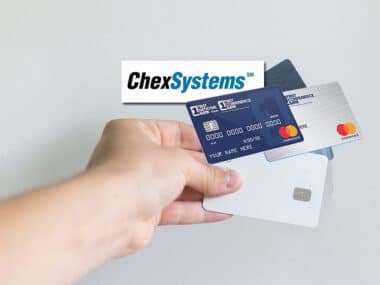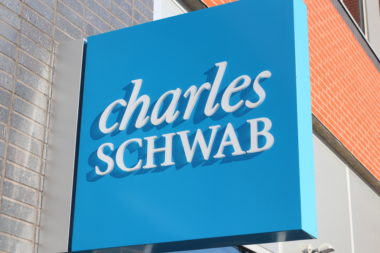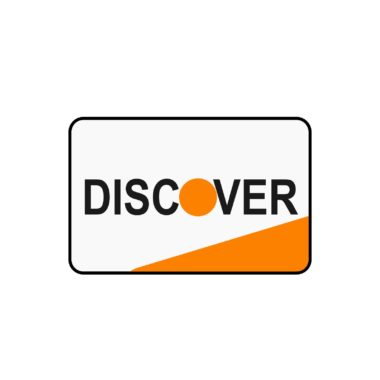Alliant Credit Union is based in Chicago, Illinois and is the state’s largest credit union with over 500,000 members nationwide. It was founded in 1935 by a group of employees from United Airlines.
The financial institution may be 85 years old, but it’s one of the most modern around, providing a user-friendly website and an intuitive mobile banking app. In fact, Alliant today calls itself a “digital credit union.”.
Banking with a credit union works differently but has its perks — accounts typically come with no fees and competitive interest rates. Many of the services you’d typically pay for are cheaper. Additionally, once you’re a credit union member, you’re part owner of the credit union and qualify for a dividend payment. But you’ll need to qualify for membership first. To qualify for a lifetime Alliant Credit Union membership, you’ll need to:
- Work for (or have retired from) an Alliant partner company or organization;
- Be a family member of an existing member;
- Live or work in select Chicago communities;
- Join and support Alliant’s partner charity, Foster Care to Success (FC2S) which helps U.S. foster teens;
- Be a member of a qualifying organization.
Table of Contents
Alliant Account Options
There are different types of bank accounts you can open when you’re a member of Alliant Credit Union. They include:
Checking Accounts
Alliant checking accounts earn interest and come with no fees or minimum balance requirements. The credit union provides customers with a nationwide network of 80,000 free ATMs, boasting more cash machines than “Chase and Bank of America combined.” Just in case you withdraw money from a non-network ATM, Alliant refunds customers up to $20 per month. There are two checking accounts available:
- Teen checking: For kids 13 to 17 years old with member parents, the account is set up as a joint parent/child account and comes with a contactless ATM card for each. Young adults will earn an interest rate of 0.25% APY and an additional 0.25% dividend on their balances.
- High-rate checking: The checking account version for adults with the same interest and dividend earnings as the Teen Checking account.
Custodial Accounts
Alliant provides custodial accounts, which allow parents or guardians to save for a child’s future. The account is in the name of the minor, but an adult controls the funds until the child turns 18 to 21 years old, depending on the state. Kids often use their custodial account to save for college, although once the child is a legal adult, they can use the funds for whatever they’d like.
Savings Accounts
Alliant Credit Union’s savings accounts are free when you opt for eStatements, and these accounts earn a total of 1.50% (0.75% interest and 0.75% dividend). The savings accounts are:
- Kids savings: Joint ownership account with a parent or guardian for kids 12 or younger;
- Supplemental savings: Open as many accounts as you need in order to save for specific goals;
- High-rate savings: Deposits and withdrawals may be made at ATMs.
Certificates of Deposit
If you have at least $1,000 and don’t need it any time soon, a certificate of deposit (CD) could be a good option. You’ll lock in your money for a set period of time and it will be guaranteed to earn the stated interest rate, regardless of fluctuations in the market.
Alliant has several CD terms between 12 and 60 months. You’ll earn a 0.65% annual percentage yield (APY) for a CD term of up to 35 months and a 0.75% APY for terms between 36 and 60 months, regardless of your balance.
An Alliant CD doesn’t earn more than 0.75% at this time, which perhaps makes you wonder why you would want to commit to not touching your funds for several years or risk a penalty if you withdraw them, all to earn the same interest you would from any of Alliant’s other savings accounts.
The reason you may want to choose a CD depends on the direction the economy is heading. If interest rates continue to fall, so will the interest you earn from a standard savings account. The guaranteed 0.75% rate from your CD may end up being a smart choice.
Pros and Cons of Alliant Credit Union
As with any financial institution, there are pros and cons. If you’re still unsure of whether to choose a credit union versus a bank, weigh the following pros and cons of banking with Alliant.
Benefits
- No monthly maintenance fees;
- No minimum balance requirements;
- Family friendly — accounts available for kids and teens;
- More than 80,000 free ATMs;
- Custodial accounts available;
- The checking account APY is above average;
- It’s easier to qualify for membership with Alliant than with other credit unions;
- Excellent online and mobile banking;
- Deposits insured up to $250,000;
- Besides a competitive interest rate, you’ll earn a 0.25%(checking) or 0.75% (savings) dividend on your balances.
Drawbacks
- Membership is limited, although not as much as other credit unions;
- No branches;
- $25 overdraft fee;
- $10 inactive account fee;
- Limited regional branch locations.
Who Is Alliant Credit Union Best For?
Alliant Credit Union is the right financial institution for people who are tech savvy and don’t mind banking online or through the bank’s mobile app. If you receive sizable paychecks or have a considerable lump sum in your savings account, the combination of high interest and dividends on your checking and savings accounts can help you grow your money a little faster than at traditional banks.
The biggest drawback may be the lack of branches if you receive cash regularly — you’ll need to find participating ATM machines designed to accept cash deposits, which may be hard to find in your area.
How to Open an Account at Alliant
You can open an account online or by calling 1-800-328-1935. You’ll need to sign up for membership first, but once you do, opening an account is simple. Alliant’s accounts can be opened for as little as $5 — and Alliant may even give you the $5 you need to get started. The one exception is a CD, which requires a minimum of $1,000. Besides opening funds, you’ll need:
- Government-issued photo ID such as a military ID, driver’s license, or passport;
- Social Security number or Individual Tax Identification Number (ITIN);
- Contact information, including an email address to set up online access, a phone number, and your home address.
Image Source: https://depositphotos.com/





